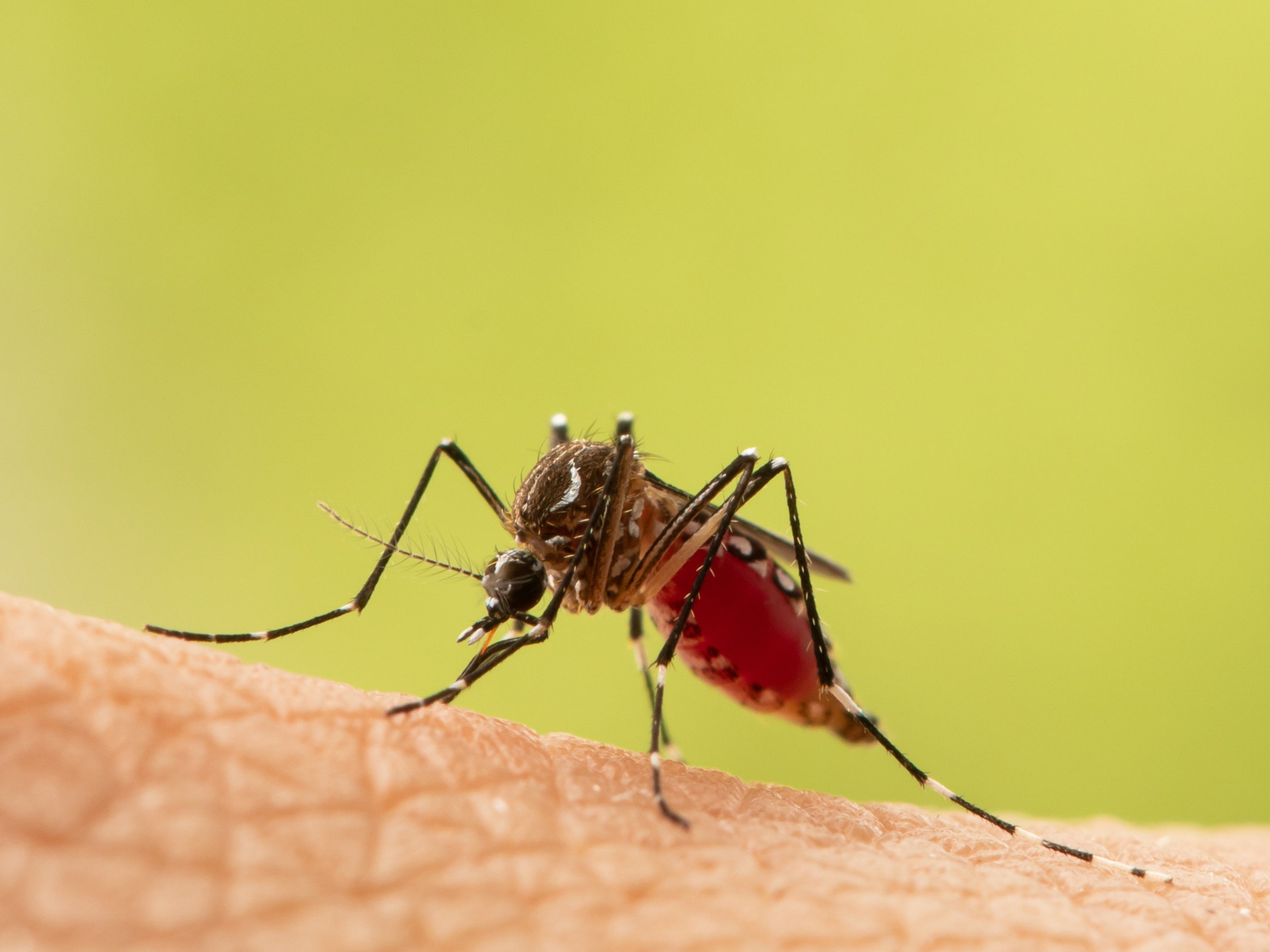What are the symptoms of Skeeter syndrome?
Skeeter syndrome is a localized allergic reaction to mosquito bites. Symptoms typically include:
- Redness: A localized area around the mosquito bite may become red and inflamed.
- Swelling: The area may swell significantly, sometimes becoming much larger than the bite itself.
- Itching: The affected area is often intensely itchy.
- Pain: The bite site may be painful or tender to the touch.
- Blisters: In some cases, blisters or hives may develop at the site of the bite.
- Fever: Though less common, some people may experience a mild fever.
These symptoms can vary in severity and duration, with some individuals experiencing more intense reactions than others. If symptoms are severe or cause significant discomfort, it’s advisable to seek medical attention.
What are the causes of Skeeter syndrome?
Skeeter syndrome is caused by an allergic reaction to proteins in mosquito saliva. When a mosquito bites, it injects saliva to prevent blood clotting, and some individuals’ immune systems react more strongly to these proteins. Factors contributing to Skeeter syndrome include:
- Immune Response: The body’s immune system recognizes mosquito saliva as a foreign substance, triggering an allergic reaction.
- Sensitivity: Individuals who have been previously bitten by mosquitoes may develop increased sensitivity or allergic reactions to subsequent bites.
- Genetic Factors: Some people may have a genetic predisposition to stronger allergic reactions.
The severity of Skeeter syndrome can vary based on individual sensitivity and the number of mosquito bites.
What is the treatment for Skeeter syndrome?
The treatment for Skeeter syndrome focuses on managing symptoms and preventing future reactions:
- Antihistamines: Oral antihistamines can help reduce itching and swelling by counteracting the allergic reaction.
- Topical Corticosteroids: Applying corticosteroid creams or ointments can reduce inflammation and relieve itching at the site of the mosquito bite.
- Cold Compresses: Applying a cold compress to the affected area can help alleviate swelling and discomfort.
- Pain Relief: Over-the-counter pain relievers like acetaminophen or ibuprofen can help manage pain and inflammation.
- Avoiding Scratching: Keeping the affected area clean and avoiding scratching can prevent secondary infections.
- Mosquito Bite Prevention: Using insect repellents and wearing protective clothing can help prevent future mosquito bites.
In severe cases or if symptoms persist, consulting a healthcare provider may be necessary for additional treatments or evaluation.

Leave a Reply
You must be logged in to post a comment.